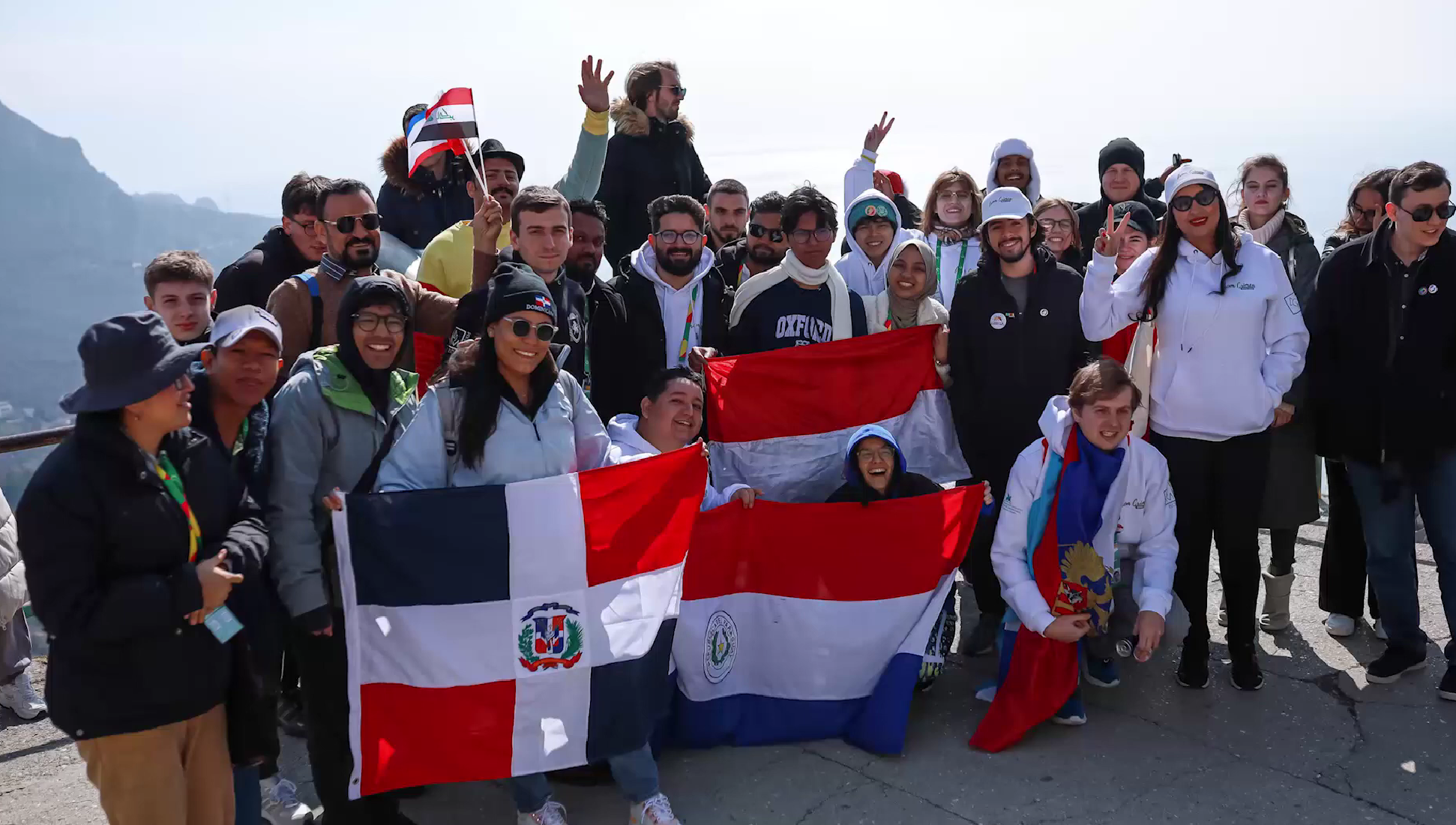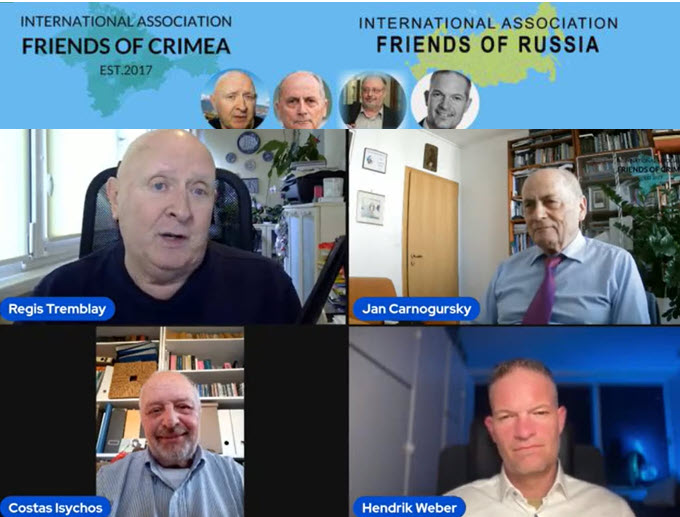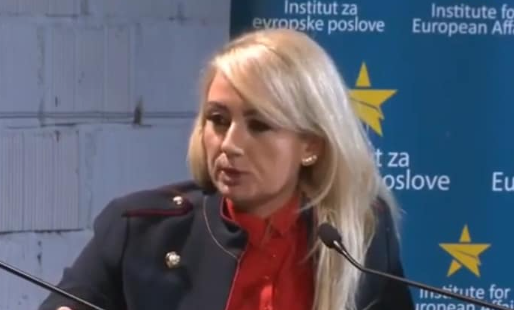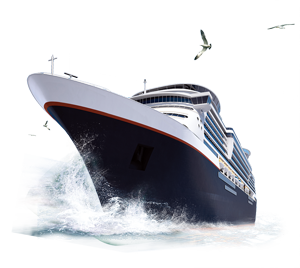
Friends of Crimea: A Persuasive Account of Current World Affairs
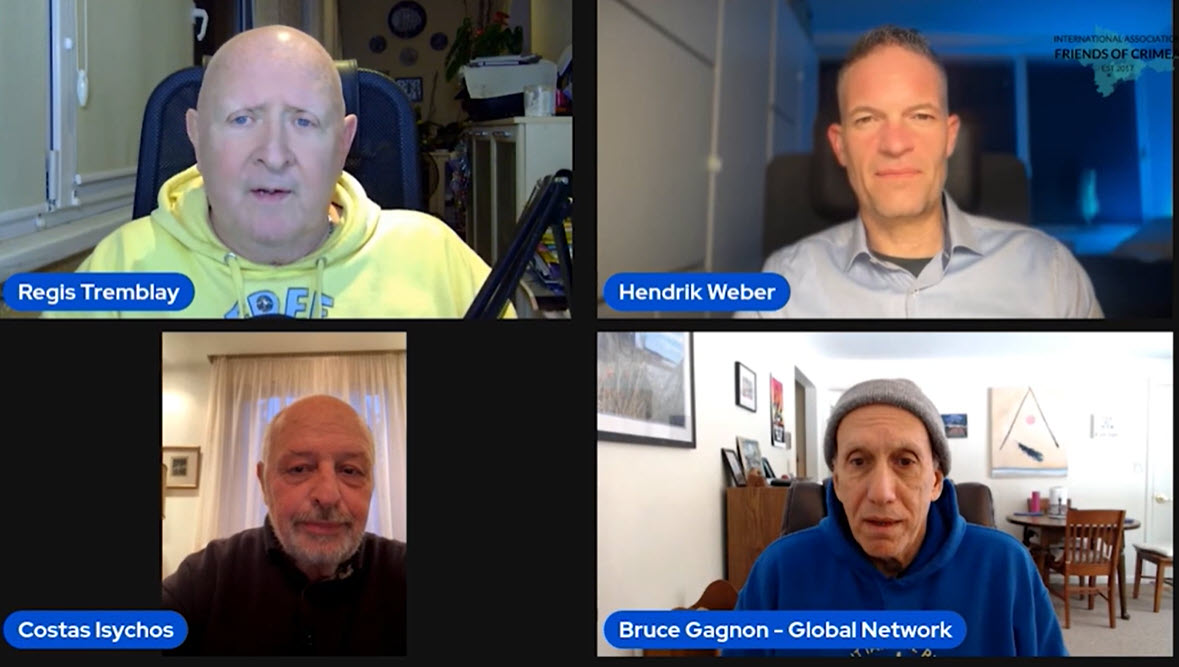
Costas Isichos(Greece), Hendrik Weber (Norway), Bruce Gagnon and Regis Tremblay (USA) in a show that offers a view from Friends of Crimea on Current World Affairs.
US NATO war games, titled "Steadfast Defender 2024," is taking place on Russia's borders. The largest war games since the end of the Cold War, it involves 990,000 combined troops, thousands of vehicles, hundreds of ships, and airplanes. Costas Isichos expresses concern over this encirclement of Russia, which he believes is part of the declining US empire's efforts to maintain world hegemony. He also mentions the encirclement of China and the increasing tensions around the world, warning that these military exercises are not just war games anymore, but playing with fire. Both Russia and China are expected to take measures for their security in response.
Speakers discuss the dangerous military situation between Russia and NATO, with concerns over increasing war games and the potential for conflict. They highlight that European societies are beginning to question the costs of these military strategies and the assumption that NATO will come to their defense in case of an invasion. Speakers criticize the lack of moral authority and legal standing for the US and NATO, as well as their desperation to maintain control through military force and chaos. They believe that people are starting to awaken to this reality and question the value of these strategies. Overall, the speakers express concern over the potential for a dangerous conflict and call for greater awareness and opposition to these military tactics.
Discussion of the international ruling against Israel in the ICJ (International Court of Justice) for its criminal acts in Gaza, which they view as genocide.
Ongoing conflict between Israel and Palestine is a widening military conflict that could involve multiple countries in the region, including Lebanon, Jordan, Syria, and Iran. They note that the situation is not just about defending Palestinians but also a call for peace and international justice. Hendrik shares his personal experience of growing up in a Christian society in Germany, where there is government support for Israel and a reluctance to discuss the issue due to fears of being labeled anti-Semitic or Nazi. Costas adds that in Europe, while there is growing public support for Palestine, the governments' stance remains pro-Israel, drawing parallels to Germany's history with Israel.
Speakers discuss the ICJ hearing on Palestine and Israel, with Bruce Gagnon expressing his belief that the trial signaled a significant challenge to the international legal and moral system, particularly the Western-controlled one. He also commended South Africa for its courageous intervention. Additionally, Gagnon addressed domestic issues, highlighting protests against Nancy Pelosi over her stance on the conflict and the potential for a ceasefire deal. He mentioned the growing global opposition to Israel's actions and the potential economic consequences, emphasizing the power of boycotts as a means to pressure Israel.
The impact of various geopolitical events, including sanctions on Russia and the Houthi rebels in Yemen disrupting traffic in the Red Sea and the Suez Canal. Costas explains that the sanctions against Russia have not worked as intended due to Russia's vast network of partners around the world, and instead, Europe is experiencing poverty, known as multi-dimensional poverty, which affects various aspects of people's lives including energy, education, and healthcare. The European Union, according to Costas, is in total decay economically, socially, politically, and morally. Farmers in various European countries have taken to the streets due to the high cost of energy, making it unfeasible for them to perform their work. This frustration with European Union policies is widespread across Europe.
The economic and energy wars against Russia on Ukrainian soil, the consequences of which have resulted in Europe's loss and the people's growing dissatisfaction. They argue that Russia belongs to both Europe and Asia as a Eurasian country and cannot be ignored or eliminated. The speakers also mention the issue of food scarcity due to the economic crisis and its implications, such as rising food prices and hardships for the common people. Hendrik Weber shares his personal experience in Norway, where the corona crisis and job losses have led to economic hardships. He emphasizes the significance of food prices and the strain on the system as people lose faith in European politicians. Protests from farmers have also occurred in Germany, but they have been overshadowed by demonstrations against right-wing parties in the media. Overall, the speakers caution that people need to take responsibility and realize the gravity of the situation to effect change.
Political situations in Europe and the US. Costas expresses his concern about the chaos and lies told by politicians, praising Sarah Wagen, a German politician who speaks against them, and lamenting the media's campaign against her. Bruce shares how American politicians studying in the US might be recruited by the CIA, leading them to support Washington's agenda at the expense of their people. In Britain, Muslim voters are turning away from the Labour party due to their stance on Gaza, and the party's leader, Starmer, is struggling to regain their support. Additionally, the United Auto Workers Union in the US is facing challenges.
The disconnect between institutional leaders, such as union heads, endorsing Democratic candidates, while their rank and file members plan to vote for Donald Trump. The speakers also criticize the exorbitant war spending and debt, which they believe is hurting American people. Inflation and job losses, such as the USPS announcing layoffs of 12,000 workers, are adding to the struggles. The conversation then shifts to the influence of American-educated individuals holding powerful positions in the European Union, with the speakers claiming these individuals are likely groomed by the CIA and attend conferences like the Bilderberg Group, Davos, and CLA Schwab's World Economic Forum.
Costas discusses Greece's role in sending weapons to Ukraine, specifically Soviet and Russian-made armaments, which is a dangerous situation according to him. The Greek government has already sent almost 90% of its armaments to Ukraine, primarily anti-air defense systems such as S-3000s, ASCA, OSA-Tor M1, and M2. Greece's defense minister made remarks at a summit of Defense Ministers of the European Union, expressing their commitment to sending more armaments to Ukraine, and offering the Larisa strategic center of NATO to oversee the destruction of HTS in the Red Sea. This situation is dangerous because it involves the economic and social destruction of European societies, with more money being spent on armaments for Ukraine and in favor of Israel. The situation is concerning for all parties involved, including Ukrainian society, which is facing the decimation of its own society from the ongoing war. The conflict is unsustainable, and peace and dialogue are necessary to end the war as soon as possible. The situation raises questions about the future of Greek-Russian relationships, which have historically been close, especially in areas such as Crimea.
Historical and political relationship between Greece and Russia, focusing on the issue of Crimea. Despite the almost non-existent economic relations between the two countries due to Russian sanctions, the speakers emphasize the strong historical and moral connections. They point out that the Greek minority in Crimea has had their rights respected, making it a bridge of friendship. The Greek government's actions, perceived as disregarding this historical bond, could lead to a Russian response. The speakers also touch on the situation in Ukraine and share their views, which they've held for over a decade. They believe that Crimea does not violate minorities' rights, Donbas is not a terrorist organization, and Russia will ultimately win the war in Ukraine, which they claim is being hidden from the European public by the media.
Crimea Digest
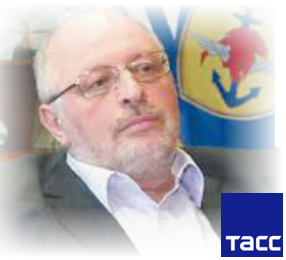
Russia can play a historic role in ensuring peace and equality, which humanity so desperately needs
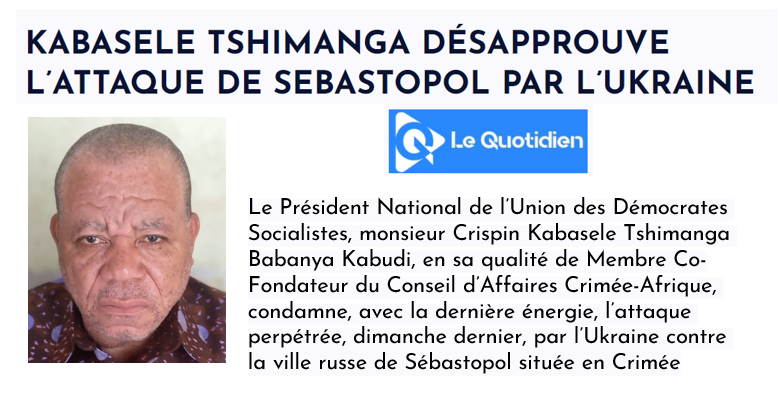

The founder of the Friends of Crimea Tremblay called the strike on Sevastopol barbaric
